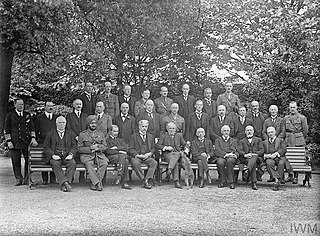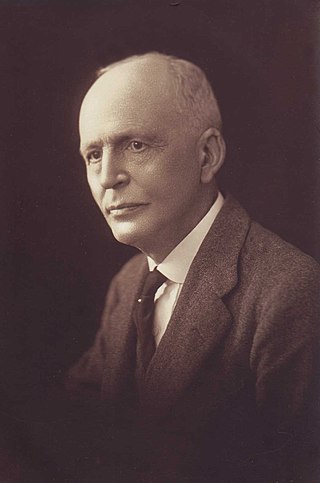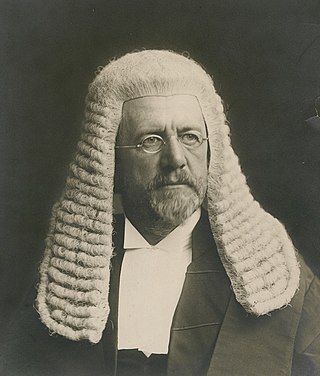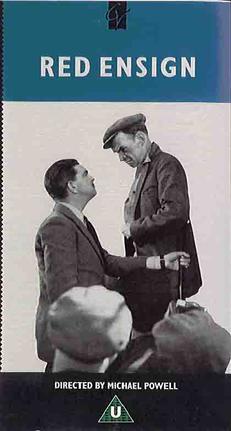Related Research Articles

Birchfield Harriers is an athletics club, founded in 1877. Its home is at Birmingham's Alexander Stadium, England.

Perry Barr is a suburban area in north Birmingham, England. It is also the name of a council constituency, managed by its own district committee. Birmingham Perry Barr is also a parliamentary constituency; its Member of Parliament is Khalid Mahmood.

Liberal David Lloyd George formed a coalition government in the United Kingdom in December 1916, and was appointed Prime Minister of the United Kingdom by King George V. It replaced the earlier wartime coalition under H. H. Asquith, which had been held responsible for losses during the Great War. Those Liberals who continued to support Asquith served as the Official Opposition. The government continued in power after the end of the war in 1918, though Lloyd George was increasingly reliant on the Conservatives for support. After several scandals including allegations of the sale of honours, the Conservatives withdrew their support after a meeting at the Carlton Club in 1922, and Bonar Law formed a government.

Sir William Mitchell was an Australian philosopher and academic. He was Professor of English Language, Literature, Mental and Moral Philosophy at the University of Adelaide from 1894–1922, Vice-Chancellor 1916–1942 and Chancellor 1942–1948.
Sir Michael Anthony Epstein was a British pathologist and academic. He was one of the discoverers of the Epstein–Barr virus, along with Yvonne Barr and Bert Achong.
Joel Barr, also Iozef Veniaminovich Berg and Joseph Berg, was part of the Soviet Atomic Spy Ring.

Sir Samuel James Way, 1st Baronet, was an English-Australian jurist who served as Chief Justice of the Supreme Court of South Australia from 18 March 1876 until 8 January 1916.

Red Ensign is a 1934 film directed by British filmmaker Michael Powell. It is an early low-budget "quota quickie".
James Mark McGinnis Barr was an electrical engineer, physicist, inventor, and polymath known for proposing the standard notation for the golden ratio. Born in America, but with English citizenship, Barr lived in both London and New York City at different times of his life.
Indore was one of the residencies of British India. Indore Residency included most of Indore State, and, after 1933, Rewa State, which formerly belonged to Bagelkhand Agency. It was part of Central India Agency.

Sir George Charles Hawker was a South Australian settler and politician.

The Imperial Legislative Council (ILC) was the legislature of British India from 1861 to 1947. It was established under the Charter Act of 1853 by providing for the addition of 6 additional members to the Governor General Council for legislative purposes. Thus, the act separated the legislative and executive functions of the council and it was this body within the Governor General's Council which came to known as the Indian/Central Legislative Council. In 1861 it was renamed as Imperial Legislative Council and the strength was increased.

Robert Barr Smith was an Australian businessman and philanthropist in Adelaide, South Australia. He was a partner in Elder Smith and Company from 1863.

Koti Residency or British Residency or "Hyderabad Residency" is an opulent mansion built by James Achilles Kirkpatrick in the princely state of Hyderabad. Kirkpatrick was British Resident of Hyderabad between 1798 and 1805. Today it is part of the Osmania University College for Women and has been converted into a museum. It can be visited with prior online booking.
Peter Warren Dease was a Canadian fur trader and Arctic explorer.

Thomas Elder Barr Smith was a South Australian pastoralist and philanthropist.

Indore State, also known as Holkar State, was a kingdom in India. Its rulers belonged to the Maratha Holkar dynasty. After 1857, Indore became a 19-gun salute princely state under the British Raj.
Members of the New South Wales Legislative Council who served from 1913 to 1917 were appointed for life by the Governor on the advice of the Premier. This list includes members between the election on 6 December 1913 and the election on 24 March 1917. The President was Sir Francis Suttor until his death in April 1915 and then Fred Flowers.
The 1916 Prime Minister's Resignation Honours were awards announced on 22 December 1916 to mark the exit of Prime Minister H. H. Asquith, who resigned in early December.
The 1923 New Year Honours in New Zealand were appointments by King George V on the advice of the New Zealand government to various orders and honours to reward and highlight good works by New Zealanders. The awards celebrated the passing of 1922 and the beginning of 1923, and were announced on 1 January 1923.